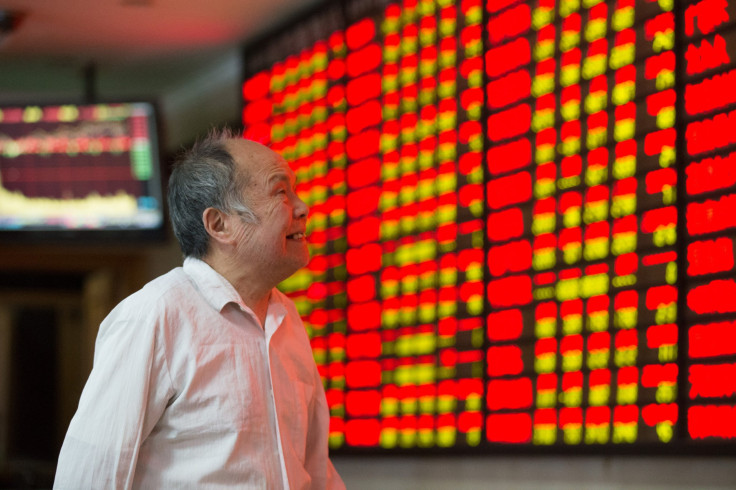China Shenzhen Stock Exchange Launches Index Of 50 Blockchain Firms

KEY POINTS
- China launches index for 50 blockchain-related firms
- The firms will be tracked daily by market value and the index will be updated twice a year
- China also issued bonds using blockchain
China's love affair with blockchain continues to flourish first with news of a bond issuance dependent on the decentralized technology and now with the Shenzhen Stock Exchange (SSE) launching an index tracking that listed several blockchain firms.
On Christmas Eve, SSE announced that it listed 50 companies "whose business areas involve the upstream, middle and downstream of the blockchain industry," which means the companies are in some ways actually utilizing the technology. The stock exchange will rank the companies by performance through their daily market value tallied to six months, and the index will be updated twice a year (second Friday of June and in December).
On the same day, the country with 1.4 billion people also announced its recent bond issuance using blockchain. The Central Bank of China sold about 20 billion Chinese yuan ($2.8 billion) to help finance micro-entrepreneurs in the country.
These are significant steps for the nascent technology since its support comes from the world's second-largest economy. In October, the country made its fondness for blockchain known with its president Xi Jin Ping, expressing positive comments about blockchain.
"Major countries are stepping up their efforts to plan the development of blockchain technology. Greater effort should be made to strengthen basic research and boost innovation capacity to help China gain an edge in the theoretical, innovative and industrial aspects of this emerging field," said Xi.
The East Asian powerhouse is also developing the first state-backed crypto. Some of the country's large banks and major firms, including Alibaba and Tencent, are tasked with disseminating the digital version of the yuan or what is referred to as "DC/EP" (Digital Currency/Electronic Payments).
China, however, is known to be antagonistic of cryptocurrencies such as Bitcoin. It's against speculation and has thwarted Initial Coin Offerings or ICOs in the country. Back in November, it's been shutting down exchanges across the country, and that includes the Shanghai office of Binance in November.
The People's Bank of China stated last month, "Investors must not treat virtual currencies the same as blockchain technology. The issuance and trading of virtual currency contain multiple risks, including fictitious assets, operation failure and speculation."
© Copyright IBTimes 2025. All rights reserved.





















